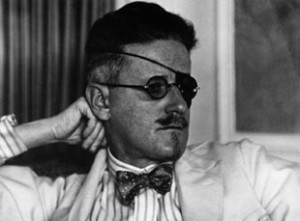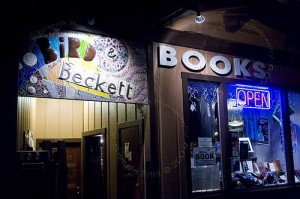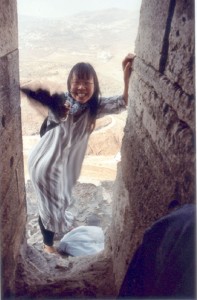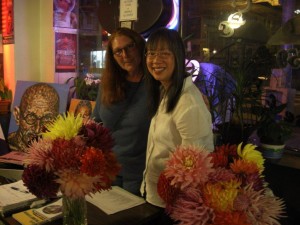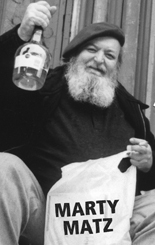 Last night Uphook Press had a reading by its contributors at Virachocha, a venue in the Mission that is actively supporting artists and poets. I came in, tired from work, and by 9:30 was anxious for the featured poet to finish so I could slip out and go home.
Last night Uphook Press had a reading by its contributors at Virachocha, a venue in the Mission that is actively supporting artists and poets. I came in, tired from work, and by 9:30 was anxious for the featured poet to finish so I could slip out and go home.
“Do any of you know the poetry of Marty Matz?” He asked on the stage, not expecting any kind of response, went on to say that he was influenced by Marty’s work and would like to read a poem by him.
I do know about Marty Matz and have his book, In the Season Of My Eye. My ears perked up as he read I Know Where Rainbows Go To Die, a poem Marty wrote on the death of Bob Kaufman. The unmistakable rhythm, the hallucinatory imagery and I remembered he wrote all his poems in capital letters.
I walked away feeling satisfied, being reminded of an “old friend” that has been sitting on my shelves. I looked for Marty when I came home and reacquainted with the big bearded man holding a bottle in one hand and a cigarette and plastic bag in another, toasting life.

